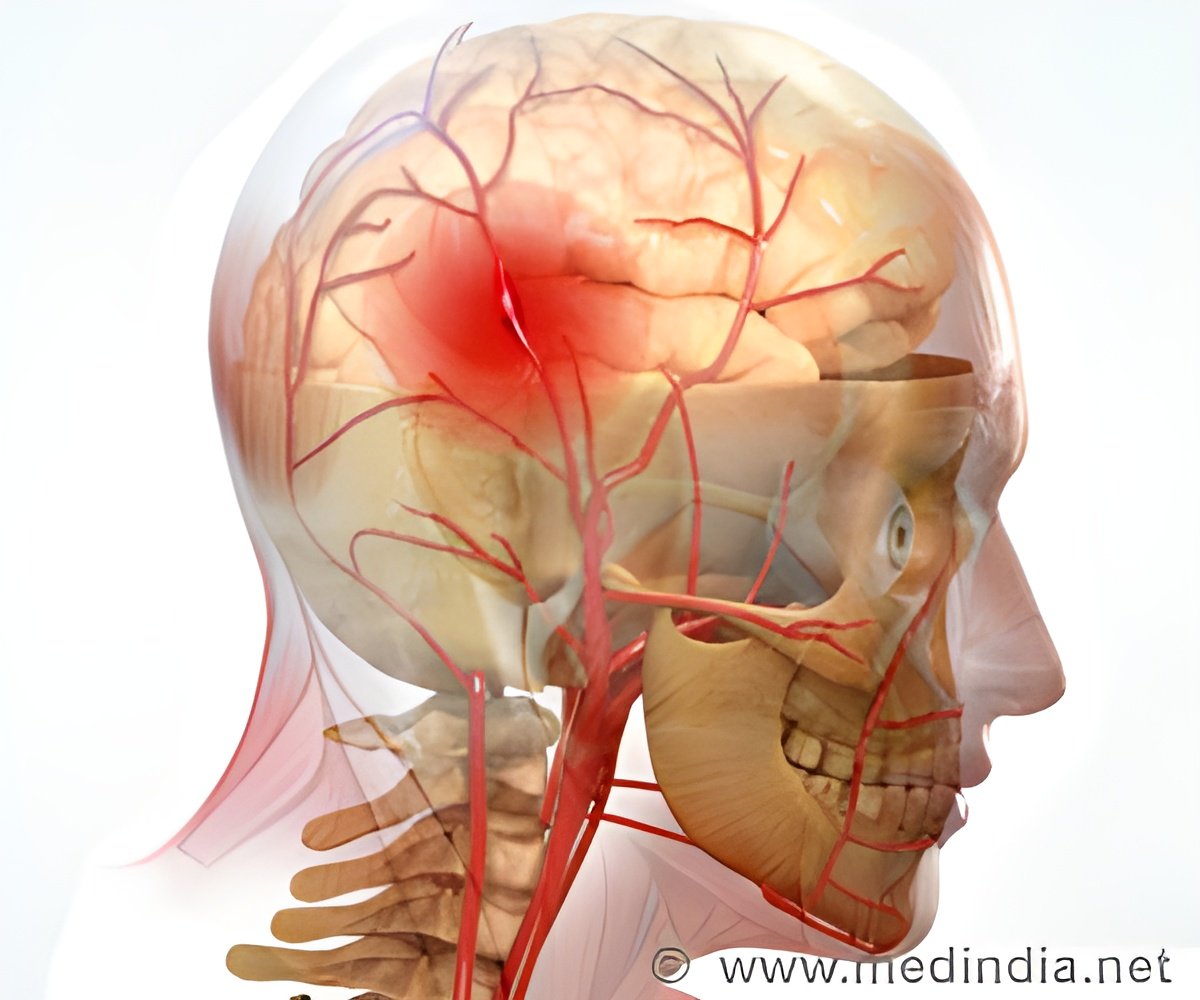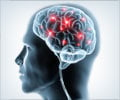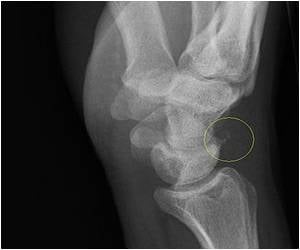Combination of an LSU health-patented drug and selected DHA derivatives – a novel therapeutic strategy, has the potential to protect the brain cells by increasing the recovery after an ischemic stroke.

‘Stroke is the leading cause of disability in the world, with a constant challenge to therapeutic efficacies for neuronal survival. Combination of an LSU health-patented drug and selected DHA derivatives – a novel therapeutic strategy, has the potential to protect the brain cells by increasing the recovery after an ischemic stroke.
’





Ischemic stroke is a type of stroke that results in reduced blood flow to the brain due to the blockage in artery that supplies it. Reduction in blood flow causes oxygen deprivation to the brain, leading to damage or death of brain cells. Microglia – a type of white blood cell (WBC) and primary brain immune cells, produce neuroinflammatory signals during an ischemic stroke that leads to build-up of harmful chemicals in the brain.
Platelet-activating factor (PAF) starts to accumulate and is involved in inhibition of the process. This plays a critical role in neuronal survival. It was evident from the author’s earlier studies that along with its anti-inflammatory properties, DHA, an essential omega-3 fatty acid, stimulates the production of Neuroprotectin D1 (NPD1), a molecule that protects brain cells and promotes their survival.
There are multiple routes and events that occur in the brain during a stroke, which adds to the complications in developing monotherapeutic neuroprotective strategies for stroke. To overcome the failures caused by a single therapy approach, the team targeted two different events - blocking pro-inflammatory platelet-activating factor receptors (PAF-R) and activating cell-survival pathways, in an experimental study.
Combination therapy and stroke
Advertisement
"The biological activity of LAU-0901 and AT-NPD1 is due to specific activation or modulation of signalling pathways associated with the immune system, inflammation, cell survival, and cell-cell interactions. These findings provide a major conceptual advance of broad therapeutic relevance for cell survival, brain function and, particularly, stroke and neurodegenerative diseases", says Dr. Nicolas Bazan, MD, PhD, Boyd Professor, Professor of Neurology and Director of the Neuroscience Center of Excellence at LSU Health New Orleans School of Medicine.
Advertisement
About 87% of all strokes are ischemic strokes with total of $46 billion stroke-related health costs in United States between 2014 and 2015.
"We discovered that these novel molecules promote neuronal cell survival with important anti-inflammatory activity. This combinatorial therapy may hold promise for future therapeutic development against ischemic stroke", says Dr. Ludmila Belayev, MD, LSU Health New Orleans Professor of Neuroscience, Neurology, and Neurosurgery.
Source-Medindia















